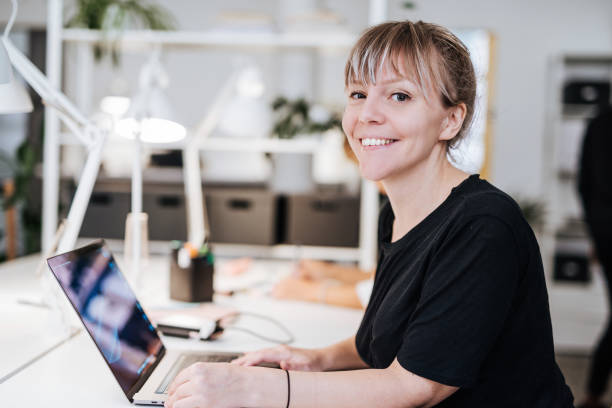The health care provider, the municipality and the CZ and VGZ health insurers want to reduce the drop amount by sixty percent. To this end, they use a combination of wearables and apps with AI and sensors, training programs, and connecting social networks and care providers.
On average, someone over 65 falls every five minutes in the Netherlands, according to figures from the National Institute for Public Health and the Environment. In 2021, 105,000 seniors aged 65 and over visited the emergency room after a fall. That year, 36,200 elderly people were hospitalized after visiting the emergency room for falls. 5,209 elderly people died from falls.
An analysis by the institute also shows that the number of people over the age of 65 with serious injuries from falls is increasing. The explanation for this is the aging of the Netherlands, which will continue in the coming years.
Parents are hard to reach
CZ reports that although falls are a significant health risk for older people, reaching them with prevention programs is difficult in practice. Because as long as nothing goes wrong, many elderly people think that this does not concern them. Healthcare providers, CZ and VGZ municipalities and health insurers want to reach more seniors with prevention programs through a combination of wearables, apps with AI and sensors, exercise programs, and connections to social networks of seniors and care providers.
The parties involved previously carried out a pilot project at Heeze-Leende. They are now stepping up their approach, with parties launching the project in at least three municipalities: Valkenswaard, Cranendonk, and Someren. The prevention program is part of the ‘Make Wrinkles’ self-reliance project, with a target group over 65 years of age who are living independently. The program has various components and consists of:
- digital skills training program
- exercise program led by a sports coach (environment).
- social programs that enable participants’ informal social networks to collaborate with professional care providers
Wearable monitors whether competitor is in danger of falling
Artificial intelligence (AI) and the so-called ‘assistive technologies’ (AT) developed by GoliveHealth play an important role in this regard. For example, a wearable device called GoLiveClip monitors whether participants are at risk of falls and monitors developments in this area. Users can see for themselves the data collected on their smartphones through the GoLivePhone application. General practitioners in the region and the health insurance company Coöperatie VGZ are involved in this project as partners.
The parties wish to jointly develop an effective fall prevention program for the elderly. This is important; in the Integral Care Agreement (IZA), the healthcare sector has agreed with politicians that health insurers will buy such a program for 2024. In practice, this means that health insurers have to explain by April 1 how they want to go about it.
Healthy and Active Living Agreement
Apart from IZA, the Ministry of VWS, health insurance, and the city government are also working on a Healthy and Active Living Agreement (GALA). This agreement revolves around overall prevention, which is a subset of fall prevention. At GALA, the parties involved are expected to stipulate that the city government must allocate money for prevention.
CZ and VGZ are working on their own fall prevention programs. Health insurance companies agree with each other to participate in their plans. Insurance companies also point out that they have offered fall prevention in their supplemental health insurance policies over the years. But in practice, only a few elderly people take advantage of this. Therefore, the insurer wants to make fall prevention a part of basic health insurance.
Author: Wouter Hoeffnagel
Photo: Sabine van Erp via Pixabay

“Coffee trailblazer. Analyst. General music geek. Bacon maven. Devoted organizer. Incurable internet ninja. Entrepreneur.”







